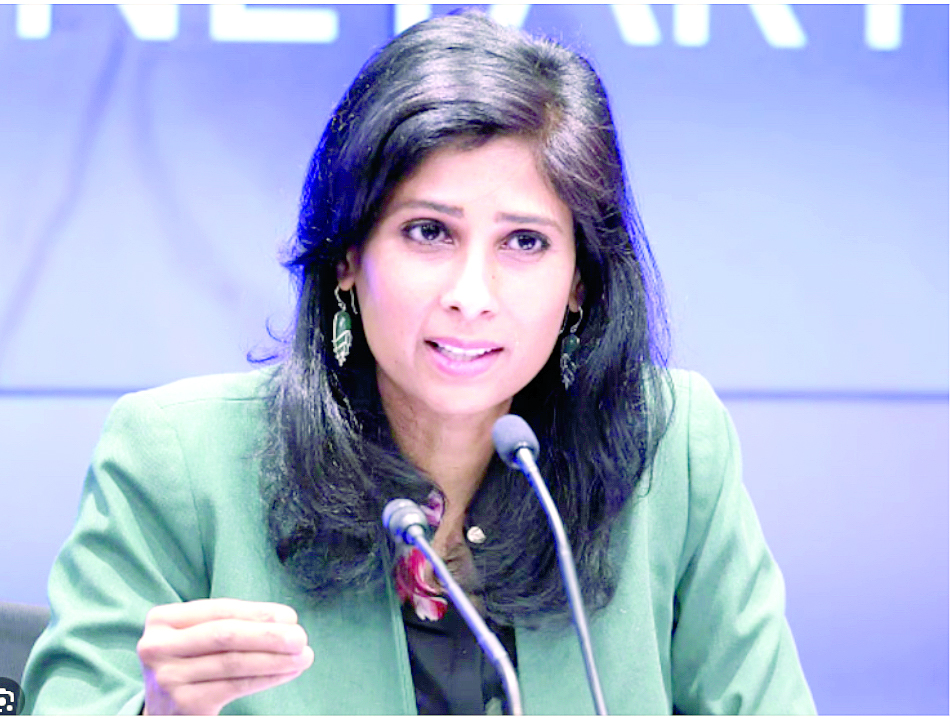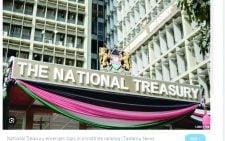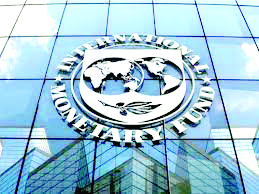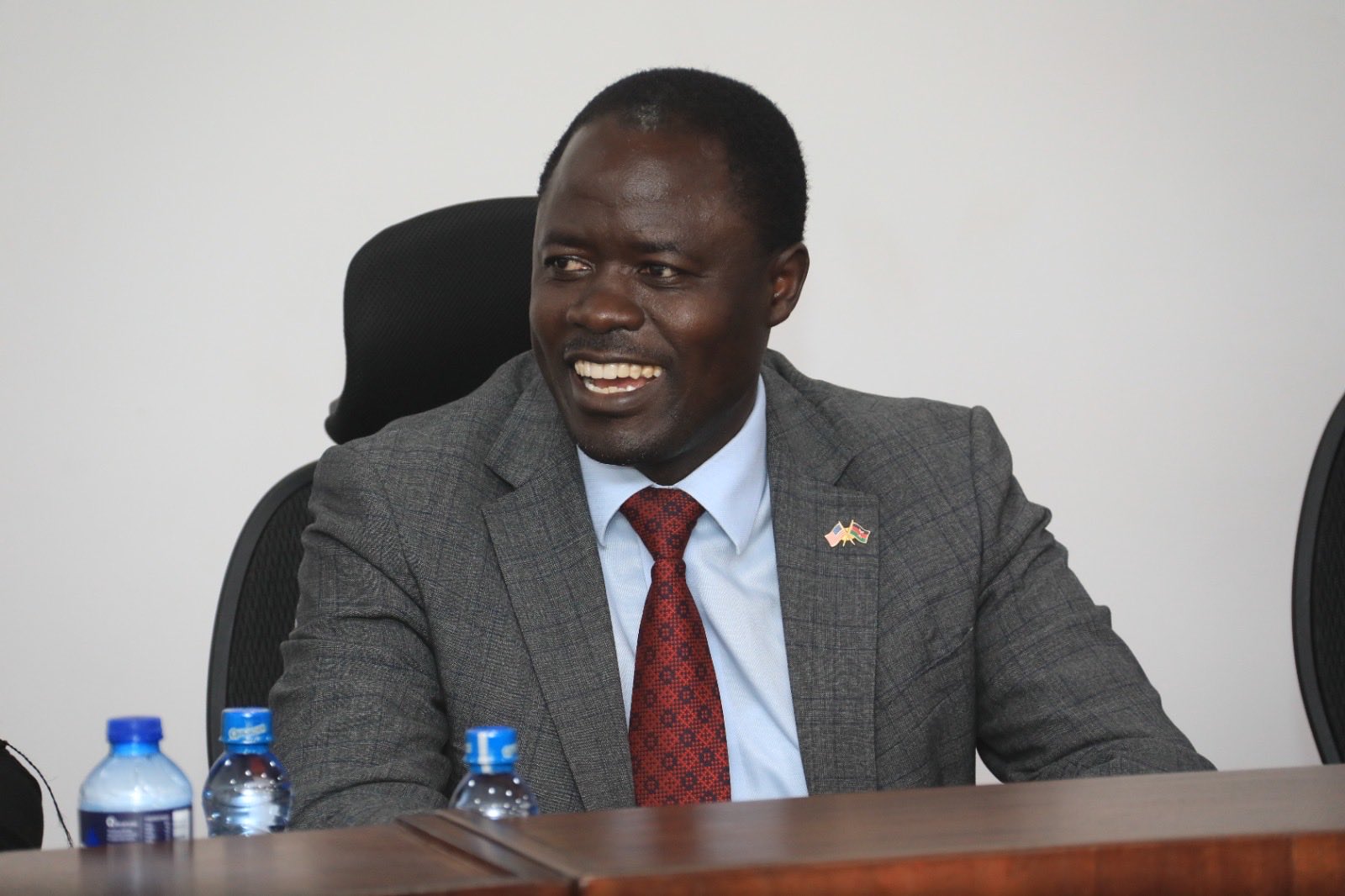IMF wants strike on taxes, revenue collection balance

International Monetary Fund (IMF) wants the country to strike a balance between introducing new taxes to raise revenue while at the same time managing debt levels.
The Fund noted that introducing new taxes was likely to cause an uprising as witnessed in June this year where youths staged nationwide protests over proposed tax measures in the Finance Bill 2024.
IMF further warned that the Kenya government faces a difficult balancing act of boosting domestic revenues to protect critical spending in priority areas while meeting heavy debt service obligations.
However, the Fund cautioned that reducing the budget for development expenditure could harm existing projects which would then stall.
Delivering on this would call for improving governance and transparency to restore public trust in the effective use of public resources. Also, the government may incur penalties and fees due to the stalling of the projects; hence leading to the said projects costing more than the original amount.
However, the Fund in its report on Kenya, lauded the country for implementing austerity measures after the controversial Finance Bill 2024 was withdrawn in a bid to cover the Sh 346 billion deficit.
Gita Gopinath, the First Deputy Managing Director of the IMF and Acting Chair, was optimistic that Kenya’s economy was on the right trajectory.
“Kenya’s economy remains resilient, with growth above the regional average, inflation decelerating, and external inflows supporting the shilling and a buildup of external buffers, despite a difficult socio-economic environment,” said Gopinath.
IMF observes that the spending cuts in the Supplementary FY2024/25 Budget are considered as “stop gap” measures as most of these cuts are top-down and temporary in nature and thus likely to be reversed.
“This is evidenced in spending pressures that have already materialized in the current fiscal year, prompting the authorities to consider additional revenue measures,” states the report.
It continues, “Going forward, spending should be reoriented toward priority needs with a view to strengthen social safety nets and accelerate poverty alleviation and human and physical capital accumulation.”
The Fund notes that Kenya is confronted with the need to chart a course that attends directly to the recent public outcry.
Widespread protests that started in June and resulted in tragic loss of lives and injuries were triggered by the authorities’ efforts to correct a large tax revenue shortfall in FY2023/24 through revenue raising proposals in the 2024 Finance Bill, some of which were unpopular or seen as regressive.
The protests forced President William Ruto to withdraw the controversial bill and introduce significant spending cuts through a Supplementary Budget in July, and reconstitute the Cabinet in August.
Persistent difficulties in mobilizing revenue coupled with spending rigidities have led to a further accumulation of pending bills, and necessitated deep cuts in development spending, with potential for knock-on effects on growth and debt sustainability.
Against this backdrop, preceded by large exogenous shocks (Covid-19, global developments impacting import price and affordable access to market finance, and severe multi-season droughts), the authorities face a complex and difficult balancing act: meeting critical spending needs for priority areas (social programs, health, and education), servicing large upcoming debt obligations, and boosting domestic revenues.
Earlier in the year, Kenya addressed the exceptional balance of payments (BoP) needs associated with repayment of the June 2024 US$2 billion Eurobond, boosting market confidence that helped strengthen the shilling and build reserves.
Meanwhile, fiscal pressures continue, including from uncertainty surrounding the constitutionality of the 2023 Finance Act on which the Supreme Court’s decision is awaited.
The Fund has also cautioned the Kenyan government against making unplanned cuts on development spending, citing that it could slow down economic growth and make it harder to manage debt.
The report highlights Kenya’s economic status, and also lists reasons for approving the Sh 78 billion loan for the country during its seventh and eighth reviews that took place on Wednesday, October 30, 2024.
“Staff has cautioned against deep cuts in development spending, bringing domestically-financed development spending to the lowest level in the past two decades, that may not generate the envisaged savings should existing projects be affected due to the accrual of penalties and fees nor improve debt dynamics due to negative growth effects,” the report read in part.
“With development spending accounting for about 60 percent of the unfunded spending carryover from FY2023/24, clearing this through further cuts would affect existing projects and would not be sustainable.”
The Fund also addressed the recent tax proposals conscripted by Treasury Cabinet Secretary John Mbadi that seeks to reintroduce some of the tax measures contained in the revoked Finance Bill 2024.
Some of these measures include withholding tax, Economic Presence tax, and taxing interest on infrastructure bonds among others.
According to the IMF, the new measures won’t be sufficient to offset the fiscal deficit and avert the current economic pressure.
To address this, the IMF pointed out that the Kenyan government should implement a Supplementary II budget for the Financial Year 2024/25 in order to provide additional fiscal measures if necessary.
The IMF noted that the government finds itself in a tough predicament in attempting to introduce tax measures and carefully avoid negative pressure from the public.
“Resuming efforts to widen the tax base and strengthen tax compliance as envisaged under the Medium-Term Revenue Strategy (MTRS) would need to be supported by adequate economic impact assessment of the policy choices, including on equity, and their political and social feasibility, while also further streamlining recurrent spending and enhancing its efficiency,” the IMF stated.
The IMF also noted that Kenya remains at high risk of debt distress as public debt increased to 73.1 per cent of Gross Domestic Product (GDP) in 2024, adding that the country faces large ex.













